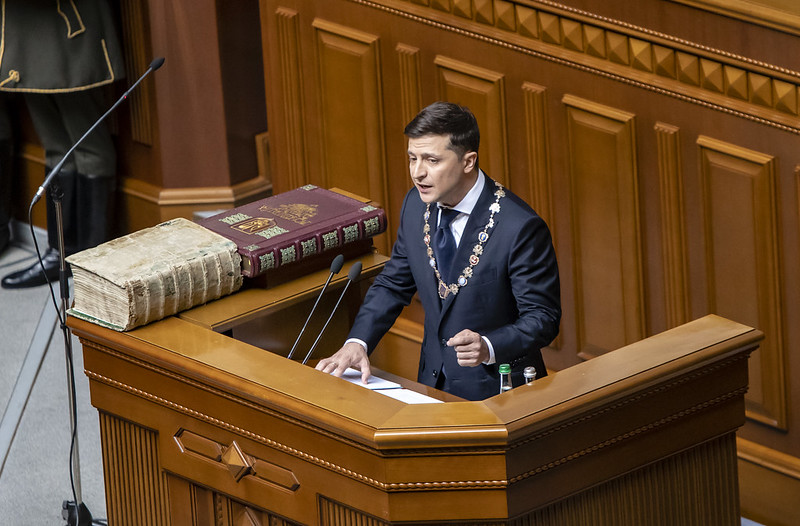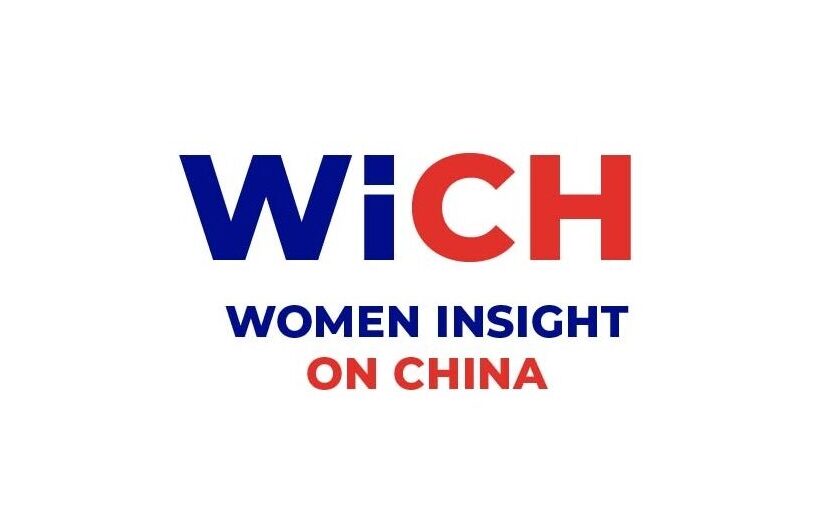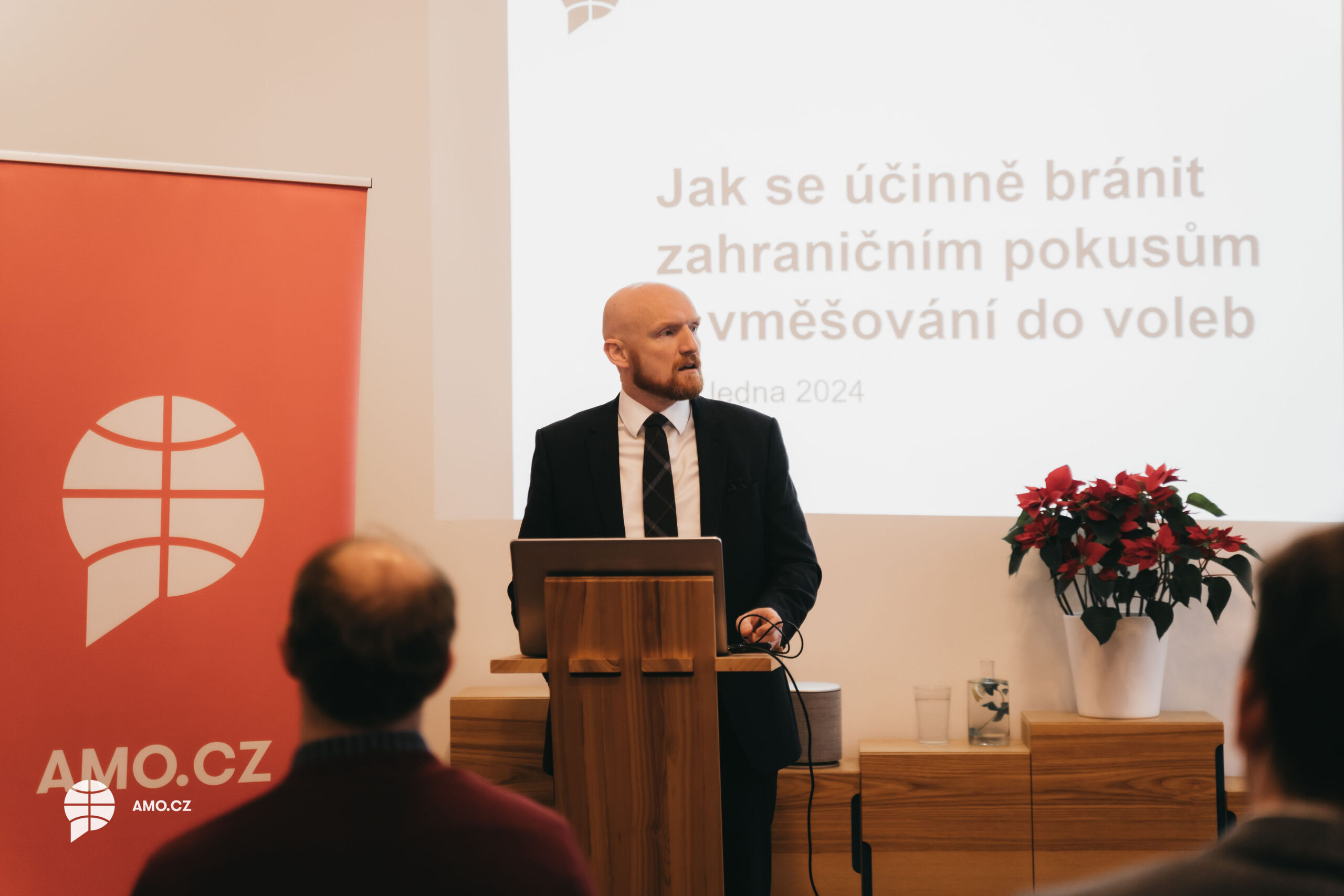Ukraine’s deepening ties to China have led to a precarious position as both Sino-European and Sino-American relations become tenser. Given the tenuous situation, a consortium of leading experts from the EU and the US, including MapInfluenCE and China Observers in Central and Eastern Europe (CHOICE) founder Dr. Ivana Karásková, analyzed Ukraine’s Asian Strategy for The New Europe Center in Kyiv.
The survey approaches the current Ukrainian situation, as prescribed by Ukrainian Foreign Minster Dmytro Kuleba, holistically by including insights on the economic, security, technological, and diplomatic consequences of tighter relations with China. Indeed, Dr. Karásková wonders whether Ukraine might be perilously choosing “the wrong side” as the international order potentially bifurcates further.
Read Dr. Karásková’s statement here:
“China’s approach to Central and Eastern Europe (CEE) has been a targeted mixture of carrots and sticks, with inducements preceding coercion. The experience of other CEE countries shows that while China comes with economic promises (sometimes lots of them), these have seldom materialized in a form beneficial for the recipient countries, such as in brownfield or greenfield investments creating employment for the local population or high-quality infrastructure. In the political domain, China has focused on directly communicating its interests to local representatives. However, the scope of issues China habitually denotes as ‘core interests’ has been widening, from originally communicated concerns over territorial integrity (Taiwan, Tibet) through South China Sea to recent defense of technological companies (Huawei’s involvement in building 5G networks). During the coronavirus epidemic, Beijing also started exploring and utilizing regional networks of influence (e.g. ‘alternative’ media) previously established by Russia. In the current context of increasing tensions between China and the US (as well as China and the EU) and an apparent bifurcation of the international system, Ukraine should take into account that intensified cooperation with China could be interpreted as choosing the ‘wrong’ side.”
The full paper with opinions from global experts across the USA and Europe is available here (pdf).
Image source: U.S. Embassy in Kyiv/Flickr


